Bessent is so very, very different.
This is where discernment becomes really critical.
I mean, come on - this is hardly the end of the world…
"If you do not own index replication, you haven’t done badly in this chapter of “no put” liquidation. A lot of main street stocks have actually gone up; MCD, JNJ, PG, BRK are all fine."
Very true.
Some History
The Commercial Financial Chronicle: The Financial Situation
The prescient article below was published on a Saturday, two days after Black Thursday, when the DJIA opened down 11%, but closed only down 2%. The market actually closed higher the next day, Friday the 25th.
Then this happened:
“It does not detract from the seriousness of the situation which developed on the Stock Exchange the present week, or minimize its importance or significance, to say that what has happened has long been inevitable. The panic, as a result of which values have melted away to an extent and to a degree which has no parallel in all the numerous stock panics of the past, except that which came with the outbreak of the World War in 1914, was long since a foregone conclusion. The havoc which it has created, the destruction it has wrought, the losses which it has inflicted on so many ill able to bear them, the all-around distress which it has caused, are a train of circumstances that are the unescapable consequences of the deplorable state of things which has existed on the Stock Exchange for a period of considerably over two years.
Never before in all the annals of the human race has there been such an unbridled speculation as this country has had in recent years; never before has there been a speculation that has had such a prolonged period of existence, during which it kept expanding and ever widening in character; never before has any such speculation obtained such a firm grip on the entire world, abroad as well as at home, and never before has there been a speculation which so fired the popular imagination everywhere, and never before has such a speculation held the entire world spellbound, nor had such all pervading and all embracing influence, nor been so far reaching in its effects, the final result being that all trade and all the ordinary activities of business to the farthest corners of the earth, fell under complete subjection to it, as witness the compulsion under which the Bank of England was brought in having to raise its discount rate first from4 1/2% to5 1/2% last February, and then to 6 1/2% the latter part of September. In the last analysis its influence was for evil and it could eventuate only in the’ disastrous way which has now happened.
As prices under speculative manipulation rose higher and still higher, as fortunes were made through the prodigious appreciation in market values, old reckonings were cast aside, all reason abandoned, and it seemed as if all economic law had been suspended and a new era had opened up in which success and prosperity could be attained without any aid or endeavor except speculation on the Stock Exchange.
Everyone became seized with the idea that it was possible to get rich overnight by simply taking flyers in the stock market. Accordingly, everyone became fascinated by the fluctuations on the Stock Exchange, and everyone a participant therein. Scrubwomen, porters, elevator boys, typists, bootblacks, soda fountain attendants, clerks, statisticians, actors and actresses, business executives—in fact, all classes of the population from the highest to the lowest, the humblest as well as those most elevated in station, one and all became a prey to the consuming speculation craze. Some put only a little at stake, others their all. And now the sad awakening has come, whether the lesson it teaches has been learnt or not.
The country will now get back to a normal basis, and it is well that it should, for only in that way can there be a return to the sound conditions essential to enduring prosperity and the preservation of financial and industrial health. The process will necessarily be slow. It will, however, be beneficial. We are told that underlying conditions both in the financial world and in trade and commerce are sound, and there can be no question as to this. Nevertheless, we have been living in a state of illusion. The stock market gains which kept so steadily piling up led to extravagant spending and extravagant living, everyone feeling while stock prices were rising that he could afford to be generous with his supposed gains. As a result, luxuries have been thriving as never before. All this will have to be changed and unquestionably will involve a considerable slowing down of trade.
Corporation earnings will be on a smaller scale, and so will be individual earnings. Perhaps all this has been discounted in the great crash in prices which has occurred this week, but at all events the new situation will have to be faced. It seems doubtful if in the near future plasterers and other unskilled labor can continue to get $15 a day and make $75 by simply working five days a week, but that also is of the old order and will have to yield to the new order.
In the meantime it should not be forgotten that speculation could never have attained the unfortunate heights it did, had it not been for the easy money policy of the Federal Reserve System inaugurated in 1927 for the supposed benefit of the outside world, but which in the end proved as harmful there as it did at home; in other words, the speculation could never have thriven the way it did except for the unlimited supplies of Reserve credit that were ever on tap.
In the end the Reserve authorities undertook to apply a check, but it was then too late. Here also there ought to be a change, to the end that the same debacle may never again recur.”
Note the humility, the introspection of the above piece. I see none of this today.
I was honestly shocked this week by the complete lack of any knowledge of market history among so many Fintwit stock jockeys. Many also seemed to be crypto devotees.
As Russell Napier once remarked, "It is possible to leave university now knowing nothing of financial history, even if one has a degree in finance - even if one has a post-graduate degree." No kidding.
Many seemed to freak out over a - what - 13% Nasdaq 100 decline off all-time highs? An index with ridiculous valuations?
An index that is - as of Thursday’s close - 18 1/2 times the level of its 2009 low? Seriously?
I just wanted to shake people and say, “GROW UP!!” all week. Pathetic.
An Nvidia anecdote:
“I was at a dinner party in January with a psychiatrist and his wife, a heart surgeon, real estate flippers, and a bio-tech power couple, eight of us in all. On the way over, my wife reminded me of the wives’ names: Tom and Audrey, Michael and Mindi, etc., and said with emphasis, “Do not say anything about Trump!”
As usual, the conversation was convivial at first and focused on travel and families until the wines improved (lol)… and then, of course, Trump came up. Remarkably, the conversation was civil, even predictable. He had yet to be inaugurated, so we segued to another popular topic, NVidia. At most dinner parties, you chat with the person on your right for a few minutes, then the person on your left, and if your hostess is merciful, the evening is affable and swift. However, when NVidia came up, all ears turned to the center of the table.
I was not surprised to hear everyone owned NVidia, and because it had gone up so much, it was a plurality (or more) of their portfolios. And they agreed taxes on such gains were inhibitive. No one was a seller. They asked me about gold, and I mumbled something about its outstanding performance, to which everyone nodded as if we were favorably comparing The Mets to a real baseball team.
NVidia’s market cap was down $1.25 trillion at settlement Friday. A third of their glorious Nvidia is gone as I write this evening, Sunday, March 9, and the rest of the trillionaire sector, meaning the 10 Magnificent equities that once footed 40% of the S&P, looks like a mud fence in a rain storm.”
August 4, 2024 was a Sunday.
Over the previous week (Friday to Friday,) the S&P 500 Index had fallen 2.06%, versus 2.70% today (Monday, March 10.)
Remember these?
Way to go, Canada.
The U.S. CPI model has now been above it’s made-up “2% target” for forty-seven months. In no normal universe does this, "bolster case for Federal Reserve to cut interest rates," as the ridiculous FT declares below.
CORE CPI - linear and semi-log! - either way, number go up!
A lot of PPI was flat month-over-month propaganda Thursday. Nonsense. Next they promote week-over-week changes, seasonally-adjusted.
This is a monstrous failure of the Fed's first mandate, and the MSM cheers it all on. People have to survive on price levels, not rate of change.
Below the fold, Gary Brode explains things, we have the always interesting Greg Weldon, renowned smart person Mike Green, real estate whiz kid Melody Wright, a chat with Paul Singer, some Chris Whalen, various fascinating charts and graphs, gold(!), a wonderful essay from N.S. Lyons, crypto heists, NSA whistleblower Thomas Drake, cringeworthy videos, poignant videos, mean tweets, mark to myth, Operation Gladio and more! You just have to pay like a buck ninety-two a week. That much probably fell out of your pants pocket today in the car. I spend a lot of time on this stuff (for future historians), but I hope you also enjoy it.
Anyway, current paid subscribers - the number one reason by far people give for leaving is “time,” which I understand, BUT you do not have to read everything here. Just read the good stuff and skip over the rest. There will be no test on the contents later.
"Average monthly premiums for families with employer-provided health coverage in California’s private sector nearly doubled over the last 15 years, from just over $1,000 in 2008 to almost $2,000 in 2023"
This is for people WITH employer plans!! Self-employed are even worse off.
“Aldo M. Martinez, a broker at Berkshire Hathaway HomeServices, tells Realtor.com that a typical family of two hospitality workers earns about $110,000 a year before taxes, meaning that they cannot afford to buy a $400,000 home in Las Vegas.”
Melody Wright goes to San Diego!
If Berkshire is selling…
CMBS Special Servicing Rates
“Special servicing is where a third party is brought in to manage and resolve CMBS loans for borrowers struggling to make their payments.”
For February 2025, “the retail rate climbed 59 basis points to 11.26% after shedding 100 basis points the month prior; second, the office rate soared 108 basis points to 16.19%, marking yet another 25+ year high. Additionally, the mixed-use rate rose 33 basis points to 13.04%, clearing the 13% mark for the first time since early 2013. Outside of those three, none of the remaining property types were changed by more than 15 basis points in either direction.”
83% Of Multifamily Investors Want to Buy In 2025
“Joe Biden and the cast of characters that he had around him left a big mess behind. I don't think the Trump people yet fully understand just how big of a mess it is in housing, in banks, in multifamily…”
I posted this on Wednesday for fun (because some tie on CNBC called this a “market meltdown”), and a lot of people got very angry, both at the timeframe, and the semi-log.
Saving these for posterity (most replies were meaner)
I found this headline amusing.
I'm going to wait for the "Stephen Schwarzman Retail-Sucker Exit-Liquidity Fund" to come out.
We’re all very proud.
Gary Brode
“What the administration is trying to do right now is they're desperately trying to reduce bond yields, and they don't care - they will crash the stock market to push money out of high-risk equities and toward the perceived safe haven of bonds…
The thing that I think is really interesting is in his first term, President Trump used the stock market as a kind of a report card to say, look, I've done a great job managing the economy, the stock market is up. To give you a sense of the level of urgency here, they're taking actions they know are going to make stocks go down, and for a guy who really likes to use the stock market as a report card, President Trump is basically saying, you know, send it down right now. Kill stocks, crash stocks right now. We'll deal with the rest later, but we need to refinance this. So I think that's a big chunk of what we've seen.”
Miguel Green
“This is the debate — are passive investors TRULY passive in their allocations? All the evidence is “NO!” — they are PROCYCLICAL. When valuations get higher, they ADD to equity allocations. Is there some point at which they decide valuations are “high enough”? Not that we’ve seen. The rise of products like Target Date Funds are designed to encourage inattention. In some ways, this is good — it means that outperformance by equities leads to diversification into bonds. It ALSO means that bonds are purchased in the same quantity when they yield 5% as when they yielded 0%. Makes sense, right?”
Paul Singer
“A point that we have recently made is that - it is true that central bank money is conjured out of thin air, doesn't exist - but what also is true about central bank money is that it is Sovereign. It has Sovereign support. You pay the tax, you pay your army in that money. To the extent that governments embrace cryptos - this crypto or that crypto or all the cryptos or several of the cryptos - they are embracing alternatives to Sovereign money So therefore is the money supply going hog wild now, because of all these cryptos and all of the support of governments? What are the potential implications for the the dollar as the world's reserve currency? That's the point. if governments are supporting or endorsing cryptos, it's an alternative to the dollar as the reserve currency, and countries around the world are, as you know, not happy with the privilege that the U.S. Government asserts as the central bank, as the reserve currency country of the world. They'd like alternatives. Now isn't that interesting - they'd like alternatives. The dollar sits there astride the world, with all the abuses of that astrideness, okay, and the U.S. itself is conjuring or supporting an alternative to the dollar. It makes my head spin.”
What is your advice to young people who would like to go into business? “I value a broad classic liberal education. They should not take business courses in college. They should take as much history, political science, philosophy, religion as they can fit in. What I'm trying to convey is you can specialize in business, the tools of business and trading - I mean now hedge funds, private equity, venture capital, you know, high tech, whatever - I mean that's the the Golden Goose, but in all of that what comes out if you if you specialize too soon, you get this narrow, deep skill-set, and you're not equipped for the things that are actually happening in the world.”
“The long period of time since the last major market event has led people into thinking that they'll always be bailed out, that there'll never be another bear market. You know, a 1974, 1987, 2008. Leverage is building and building. Risk-taking is building, and those statements apply also to governments. It's absolutely astonishing this NIRP -the negative interest rate policy - in Europe and Japan and Switzerland, and ZIRP for what, 10 years in the US? It's crazy.”
Greg Weldon
“I could make this argument in a debate, that the Bundesbank has monetized 96% of German government debt.”
Weldon mentions student loans, which remain the U.S. government’s biggest financial “asset”:
“The LMI is picking up steam - I'm one of the first to really follow it religiously - because it's Logistics Managers. That tells you where the supply chain dynamics are right now. All of these surveys, every single one of them, show a monthly and several-month dramatic slowing of delivery times. Now , a lot of this is front-loading because of tariffs. So Imports are huge, over $400 billion in January. That's a record high by far because everyone's bringing them in - front loading - which causes inventory to rise, which causes inventory cost to rise, which causes warehousing cost to rise as capacity gets utilized, which is causing transportation to rise. The prices for all of these all three - inventory, warehousing, and transports - all followed by the LMI - prices are skyrocketing, and higher than they were in the pandemic, on a short-term basis, all right? Some of this is front-loading, but not all of it all. So if inflation…Inflation bottomed in October, and has been on an increase ever since.”
“Consumer inflation expectations in the various surveys have soared hard, man. The Fed - Powell keeps coming out and telling us inflation expectations are anchored. I say anchors away, dude! The anchor is broken, the ship is drifting, okay?”
“Consumers are expecting inflation to rise dramatically at a time they can least afford to pay more for anything, and they have already cut back discretionary spending, as we've seen in retail sales, where eating and drinking establishment sales are negative year-over-year, which, again, is a very rare thing.”
Gold
I don't know, but this has always been my suspicion. They don't let me in the vaults:
"The Fed, the Treasury, and most central banks, when it comes to Fort Knox gold, only hold IOU's issued by bullion banks that have already sold the borrowed metal..."
From Alyosha:
“April gold missed $3000.00 by $0.30 cents today. The market is rising on moderate volume and notably uncrowded open interest which is typical of gold's behavior in the NY since the move began in October 2023. What is missing lately is the periodic smack-downs we saw when Yellen was the Secretary of the Treasury.”
For no reason, here’s gold in Canadian Dollars:
Is Newmont Mining cheap?
The insiders don’t seem to think so. Looks like a company where the execs get rich while the shares have gone nowhere in 30 years.
Love of a Nation
“In the one view, “America” is merely a glorified economic zone, just one part of a “competitive global market” in which labor and capital flow freely. In the other, America is a professional franchise whose sole objective is to maximize winnings. In both cases America is viewed as analogous to a corporation. In such a corporation, management’s only responsibility is to profits; it has no inherent responsibility to employees or their wellbeing, something of interest only insofar as it translates into productivity.
The corporate machine views employees merely as interchangeable human resources, to whom it owes no loyalty. Indeed, if it is to effectively devote itself to profit maximization the company can afford no permanent relational bonds with any of those who work for it, as it must be able to fire or replace them based on cold utilitarian calculus. There are thus few experiences employees find as irritating as that common workplace psyop in which management proclaims the corporate office to be a “family.” Employees know implicitly that it is natural affections and iron-clad mutual loyalties, or at least strong relational bonds, that are precisely what distinguish a family. Their corporate employer, in contrast, won’t hesitate to dump them by the wayside the moment they fall into the wrong column of a spreadsheet. For their part, employees are liable to return the sentiment and retain no lasting loyalty to the company – though perhaps plenty of resentment.
What angered people about the two CEOs’ [Musk and Ramaswamy] comments was that – like so many of today’s elites – they displayed no sense of loyalty or obligation to Americans as a nation. A nation is not a corporation. A nation is a particular people, with a distinct culture, permanently bound together by shared relationship with place, past, and each other. A house becomes a home through relationship with the family that lives in it, a connection forged out of time and memory between concrete particularity of place and the lives of a specific group of people present, past, and yet unborn. We can say this house is home because it is our home. In much the same way, a country becomes our homeland because it is ours – and the we of that “ours” is the nation, which transcends geography, government, and GDP.
Unlike a corporation, a nation really is much like a family. And, like a family, it is characterized by strong relational bonds that are covenantal, not contractual. It establishes moral obligations of solidarity and subsidiarity that cannot be simply abandoned. Much as we naturally would, and should, put our own children’s lives and wellbeing ahead of others’, a nation is obligated to distinguish its own from others and to put the wellbeing of its own first. If it fails to do so then it can no longer remain a nation any more than a family could remain a family were it to try to extend the fold of its care equally to all humanity. Only once our immediate duties to those closest to us are fulfilled can concern for the good of others be rightly extended further outward. And though we may choose to adopt a child into our family, we cannot as readily toss them aside. We cannot, say, swap out our child for a different one who is more likely to get better grades in math class or is willing to perform chores for a lesser allowance. A nation-state is no more justly able to replace its own people or neglect its unique obligations to them simply because doing so seems more profitable or convenient…
Today our elites no longer betray any similar sense of special obligation to their people. But then we can hardly expect them to, given that all the strong bonds of loyalty that once tied them to their countrymen, transcending divides of wealth, education, and class, have been severed. They conceive of themselves as meritocrats, of no special birth and therefore no special responsibility. More importantly, they have been taught from birth that they ought not even conceive of their nation as particularly their own or to love it any more than any other portion of humanity; their self-conceived domain is one without borders, the global empire of the open society…
If the countries of the West are still capable of renewal, that renewal will come only when our leadership classes recover an uncorrupted love for the particular people – the nation – over which they govern and commit to placing their wellbeing first. We will be fortunate then if, in the hearts of some at least, this recovery may have at last begun.”
Capital Controls: "Corralling savings into the killing-pens of fixed-interest securities."
How the Biggest Crypto Heist in History Went Down
“On the night of Feb. 21, Ben Zhou, the chief executive of the cryptocurrency exchange Bybit, logged on to his computer to approve what appeared to be a routine transaction. His company was moving a large amount of Ether, a popular digital currency, from one account to another.
Thirty minutes later, Mr. Zhou got a call from Bybit’s chief financial officer. In a trembling voice, the executive told Mr. Zhou that their system had been hacked.
“All of the Ethereum is gone,” he said.”
“When Mr. Zhou approved the transaction, he had inadvertently handed control of an account to hackers backed by the North Korean government, according to the F.B.I. They stole $1.5 billion in cryptocurrencies, the largest heist in the industry’s history.”
Operation Gladio
‘You had to attack civilians, the people, women, children, innocent people, unknown people far removed from any political game. The reason was quite simple. They were supposed to force these people, the Italian public, to turn to the State to ask for greater security. This is the political logic that lies behind all the massacres and the bombings which remain unpunished, because the State cannot convict itself or declare itself responsible for what happened.’
- Italian right-wing terrorist Vincezo Vinciguerra, explaining the so-called “strategy of tension” of Operation Gladio, British daily The Observer, June 7, 1992
“Poisoning the well is a technique to keep prying eyes from noticing things you don't want them to notice.”
“I have people right now, in in my circle - family, friends - who basically are shutting down from involving themselves with any news of any kind, because the level of cacophony, the chaos, the disinformation, the ‘what's true, what isn't - I'm going to go crazy just trying to figure it all out! I just don't want to figure it out.’ This is where discernment becomes really critical - in these kind of environments.”
“1993. I sent out a message - this is one that's going to haunt me for the rest of my life, right, being within the Deep State? I sent a message saying they may have failed to drop the World Trade Center. I said it this way - I'm paraphrasing myself - they may have failed to drop the World Trade Center, but they're coming back. They're coming back. We must warn all the command authorities about what their intent is. They're coming back. This is not a onetime event. This is not a one-off event…
So I sent out this report. It's internal but it gets all the way to the J2, which is usually a one or two star general, okay? He comes down to the alert center…which was rare. He rarely ever came down, right, but he comes down in the alert center and says, “Yeah, I saw your report” - and this is almost literally what he said out loud - “Yeah, who cares who cares about some raghead issuing fatwas in the desert sitting under a fig tree,” and I paused, because it's like he just dismissed it. I was classically trained in terms of intelligence. It's an art and a science. It's not perfect. It has confidence levels. Some cases have low confidence, sometimes you have high confidence. We had pretty high confidence that they meant business.”
Drake has some interesting anecdotes on the tragic downings of KAL Flight 007, TWA Flight 800, and Iran Air Flight 655. He also discusses his role as a whistleblower after 9/11 when Dick Cheney and NSA Chief Michael Hayden violated the U.S. Constitution.



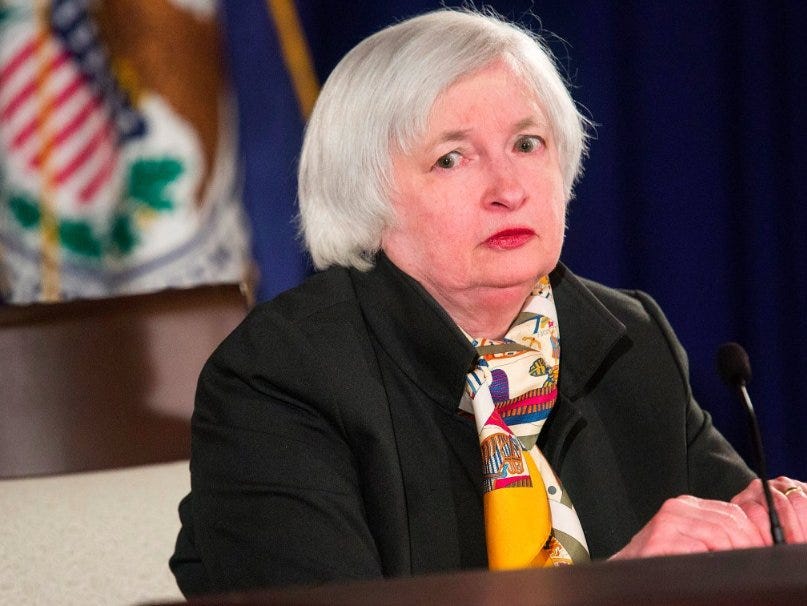






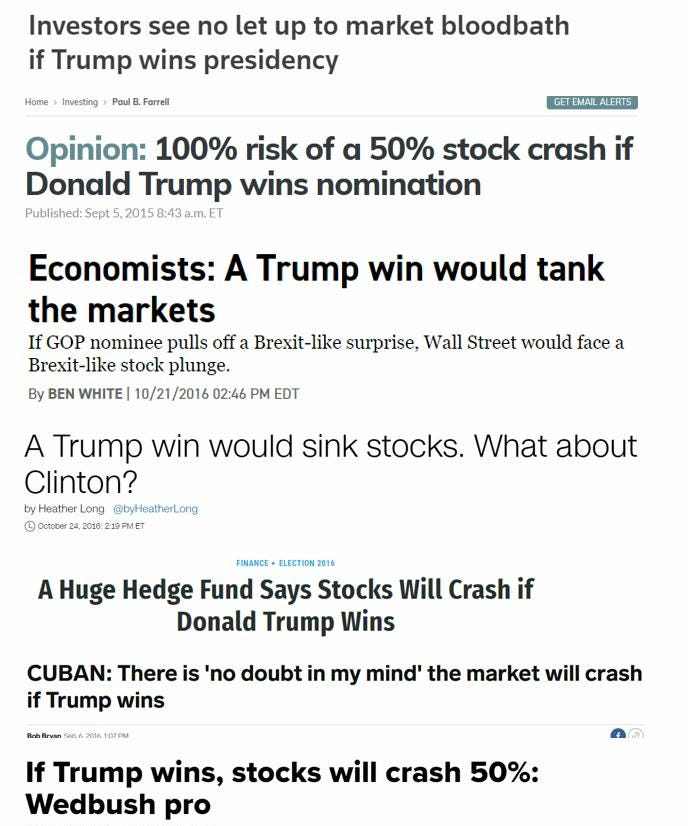









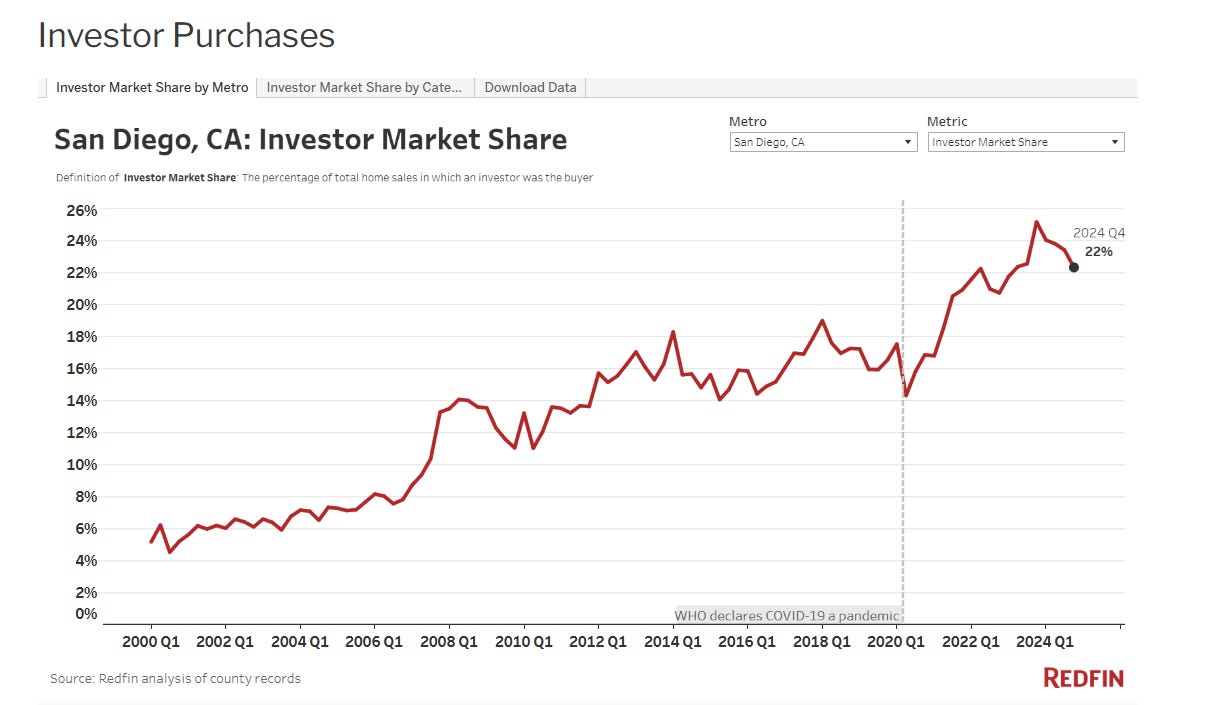




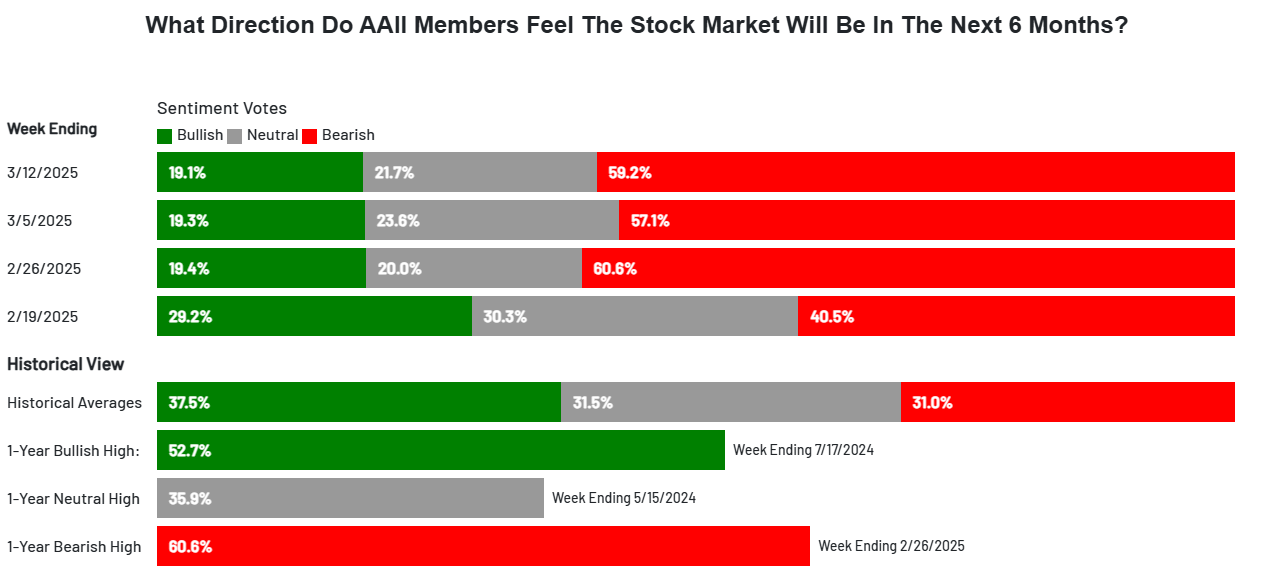
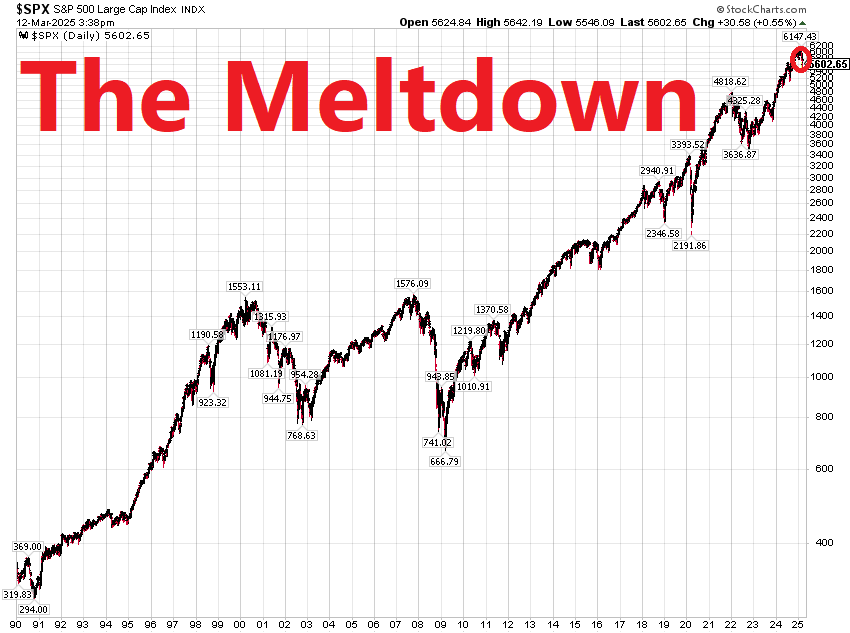









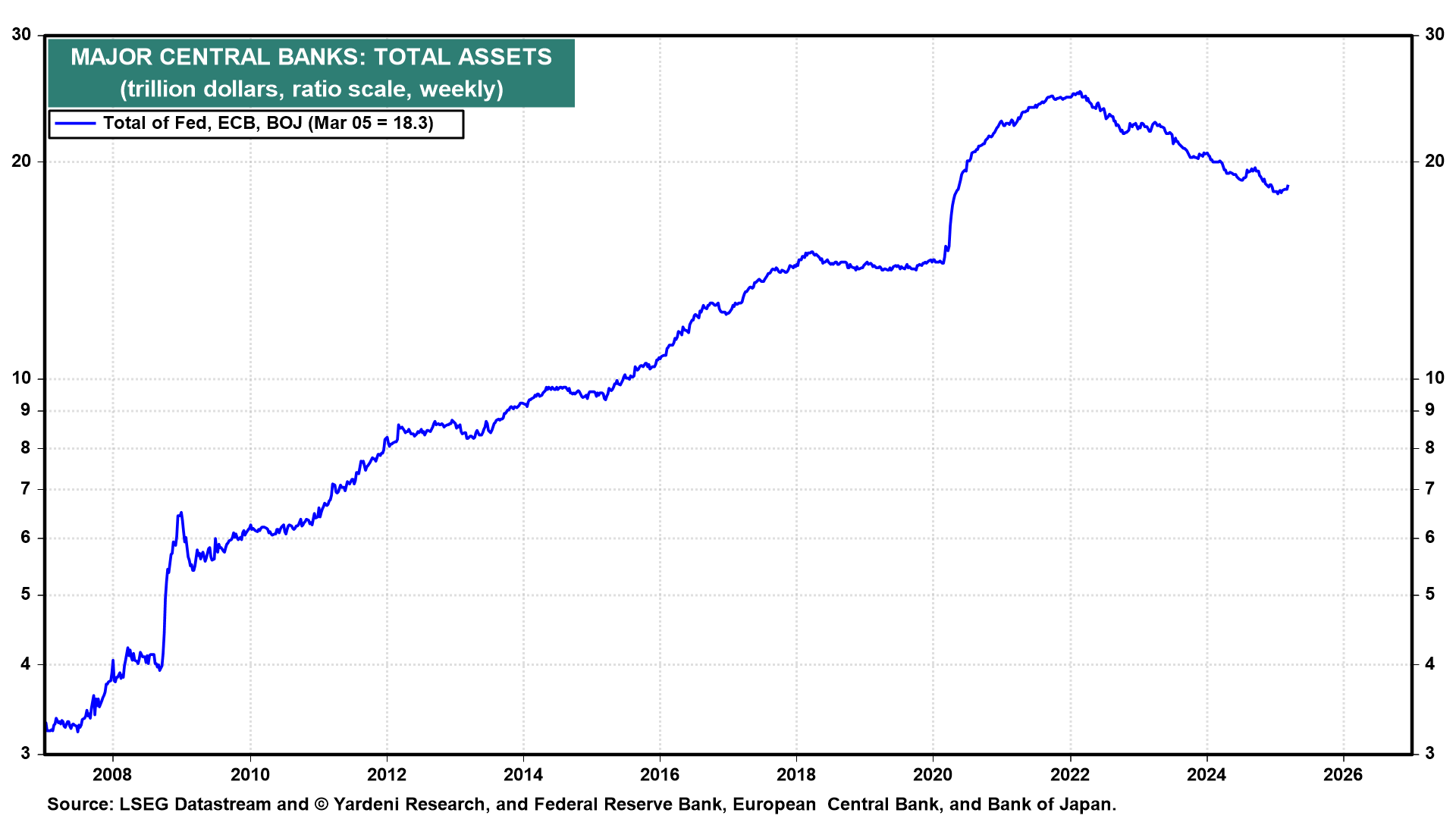

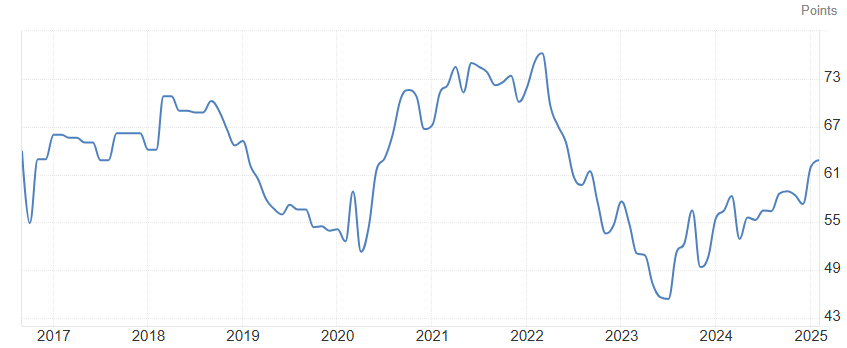







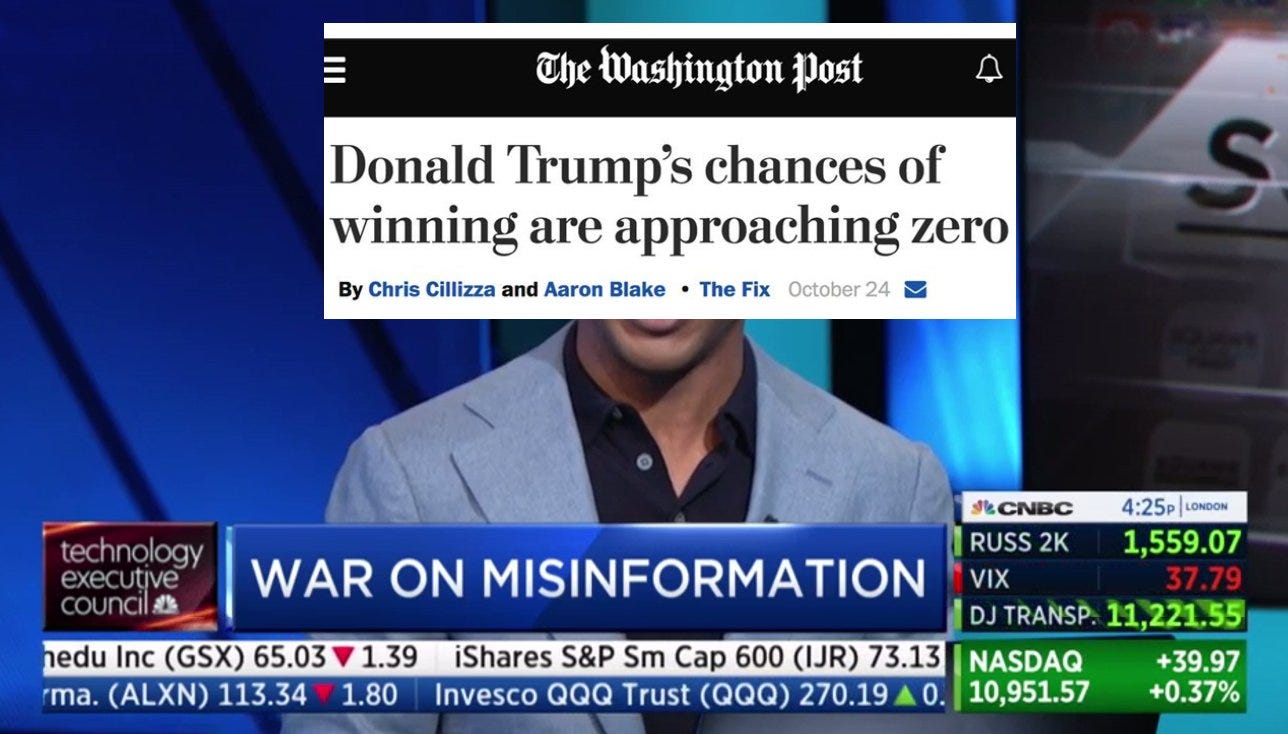




The chart of gold in Canadian dollars is especially interesting since Canada had reportedly already sold off their gold reserves starting about that time.
There is no more beautiful a sound as a baby or toddler laughing. It brings me near catatonia when I think of all the leaders in the Western world who prefer their screams of terror and pain.